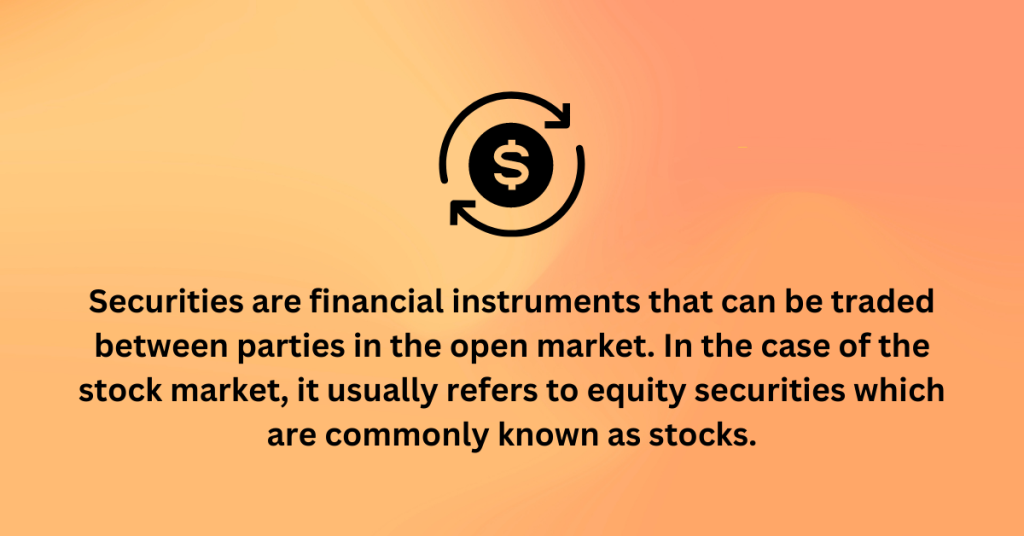You’ve probably heard of the term “dual listing” a good deal while reading news sites (or the newspaper, if you prefer that). But what does it actually mean? And why are companies doing it?
Not to be confused with an initial public offering (IPO), dual listing (AKA secondary listing or cross-border listing) is when a company chooses to list its securities on two or more stock exchanges.
One such example is IHH Healthcare Berhad, which is listed on both Bursa Malaysia and the Singapore Exchange.

It might sound like an odd burden to take on, especially since listing on one stock exchange can already be complicated. However, the rewards of dual listing can be appealing to businesses.
Think of it like having dual citizenship (which we’re aware Malaysia doesn’t practise yet); you get the benefits prescribed for both countries, but you’re also bound by the laws of two nations.
Every rose has its thorn, and some will hurt your pockets
The preparation process of listing in one stock exchange can be quite draining to begin with. Now imagine that two-fold, three-fold, and so on, depending on the amount of exchanges a company’s interested in.
As mentioned in our previous IPO explainer, there are listing fees that come with being on the stock exchange. With Bursa Malaysia, the minimum initial listing fee ranges from RM3,000 to RM20,000 depending on the market chosen.
Fun fact: Bursa Malaysia has three markets (Main Market, ACE Market, and LEAP Market) that companies can choose, each with its own qualifying criteria.
Should a company choose to dual list, then it will have to be financially equipped to handle not only the listing fees, but also the associated costs. This includes additional accounting and reporting needs.
Not to mention the additional time spent to meet listing requirements and regulations of different stock exchanges. What’s passable for one stock exchange might not be in another.
In order to ensure everything is in order, a company would probably hire more professionals to handle the listing. This also means investing more time to communicate with investors and investment banks.
But there are clear perks to dual listing
To start off, a company with dual listing would have better access to capital because they have wider exposure to investors. And with greater exposure comes greater liquidity, where the purchasing of shares increases. Thereby, reducing the bid-ask spread.
For context, a bid-ask spread is essentially the difference between the highest price someone’s willing to pay for an asset, and the lowest price someone’s willing to sell for it.
It’s like shopping at a flea market or bazaar. The ultimate goal is to reach a common price with the seller without forking out more than you’d bargain for.
There’s also the advantage of listing on foreign exchanges in significantly different time zones, which increases the hours of stock trading. For example, if a company were to list on Bursa Malaysia and NASDAQ in the US, its securities would have longer trading hours.
So while it might hurt a company’s financials for a while, if done correctly and with luck, the return on investments (ROI) would mean a much higher capital than before.
Why do some companies choose to solely list abroad?
Considering all that’s said about dual listing and its benefits, why is it that some companies still prefer to list in only one nation? And why is the chosen stock exchange not in Malaysia, but elsewhere abroad?
One of the reasons could be due to the location a company primarily operates in. As stated by the Ministry of Finance in 2019, “The listing of the shares of local companies on the stock exchange of another country is not unusual.”
“There are many factors that cause Malaysian companies to choose to be listed overseas. Among them is that the company has a business overseas.”
Listing abroad could also reduce the foreign exchange risk faced by a company when trading on the stock exchange.
By listing abroad, a company would be able to conduct some of its financial activities in that country’s currency, potentially reducing the impact of currency fluctuations on their finances.
Some other factors for this include (but are not limited to) enhancing one’s branding, providing confidence to customers and suppliers, and expanding one’s market reach.
“For example, companies planning to extend their operations to China may list their companies on the Hong Kong Stock Exchange to enhance the visibility of their companies in Hong Kong and China,” the Ministry of Finance explained.
And at the end of the day, the vote of shareholders matters and they could just have preferences for foreign stock exchanges.
-//-
Back in 2018, Ernst and Young reported that on a long-term average, more than 90% of companies tend to list on their domestic stock exchanges.
This also includes companies that are dual listing at the same time.
We were unable to find the exact number of listed Malaysian companies on Bursa Malaysia with dual listing, as there have been no such updated official reports since 2012 (which stated six companies only).
But with news of Malaysian companies considering to have a secondary listing abroad, such as Aerodyne, it wouldn’t be surprising if this number has increased.
And maybe, this would be another way to put Malaysia on the global map.
- Read articles we’ve written about Malaysian startups here.
Featured Image Credit: Bursa Malaysia / Balon Greyjoy